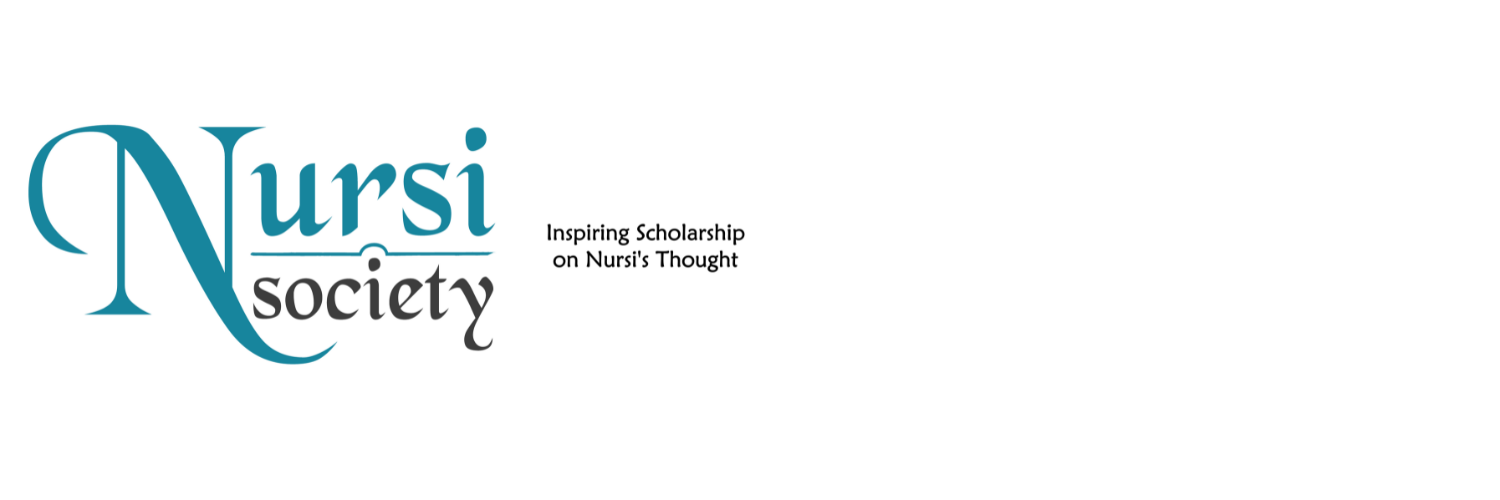Month: October 2020
CALL FOR PAPERS: 2 DAY ONLINE INTERNATIONAL CONFERENCE
RETHINKING FAITH, EDUCATION AND SCIENCE IN THE MUSLIM WORLD: THE PARADIGM OF BEDIUZZAMAN SAID NURSI
19-20 October 2020
Department of Islamic Studies, Islamic University of Science and Technology in Collaboration with Nursi Society
BACKGROUND IDEA:
Islam and Muslims across territorial boundaries are facing a multitude of challenges both on intellectual and spiritual levels, especially after the emergence of modernity. Islam, with about two billion followers across the globe, indubitably remains at the epicentre of shaping and offering a narrative to the world. To Muslims, Islam comprises a whole way of life, intentionally universal and universalizing, is conceived as a spiritual globalization project whose latitude is apparent in its self-naming as an attitude. Islam is the knot that stitches together the many strands that make up the ummah in all its diverse, textured richness. The name of Islam not only ties up Muslims and binds them to each other; its meaning also determines who Muslims were, who Muslims are and who Muslims ought to be. Without Islam, there would not be any more Muslims. In almost all contemporary Muslim societies, there is, on the one hand, the urge to follow the Islamic tenets and live in accordance with its outlook and values, and on the other hand, the enormous pressure on individuals and societies to learn and adopt science and technology in order to harness them to their advantage. This has created a dichotomy: they can neither wholeheartedly support the secular and materialistic outlook of science, nor the age-old notions of religion as many would see it to be out of touch with the demands of modernity and science.
Islamic thought in the Middle Ages did not submit to the ontological distinction between tangible entities and entities of a spiritual or subliminal nature. This is certainly a more authentic and realistic view of reality than is allowed for by modern positivist doctrines of science. Just as the Muslims were slow to absorb the Qur’anic epistemology on science, the Europeans were also slow to recognise the Islamic origin of their scientific method. Western scientists, who are credited with the introduction of the experimental method, acquired their scientific training in the Muslim universities of Spain. All of them acknowledged this and repeatedly emphasised the importance of Arabic and Arabic sciences. Many Western commentators have also recognised that natural science and the scientific spirit represent the most significant contribution of Islamic thought to European life and culture.
The extraordinary contribution Muslims have made historically to scientific development and progress emphasize the fact that they—more than any other civilization—have advanced the sciences to a higher level. Looking at the relationship between Islam and true scientific advancement one can hardly see any contradiction because the former is for positive progress and prosperity. It is in this respect that Bediuzzaman Said Nursi submits that Islam is the house and guide of Knowledge and the father of all true sciences. This means that true reason is meant for the development of man and not for his destruction. It, therefore, gives hope and for human happiness. It is in this light that Bediuzzaman Said Nursi once urged Turkish people and all Muslims never to lose hope in life. Although Nursi did a lot to defend Islamic faith and spirituality, he also recognized science as a part of the faith notwithstanding the fact that many scholars have commented on his works from a scientific point of view. He states “The light of conscience is religious sciences (ulûm-u diniye). The light of the mind is civilized sciences (funûn-u medeniye). Reconciliation of both manifest the truth. The student’s skills develop further with these two (sciences). When they are separated, from the former superstition and from the latter corruption and scepticism is born”.
The integration of both religious and modern secular sciences into an integrated curriculum is viewed as the best solution to resolve this critical problem among contemporary Muslim scholars including Bediuzzaman Said Nursi. His view regarding the concept of an integrated curriculum could be elucidated from his Madrasah Zahra model that promotes the teaching of positive sciences in religious schools and religious subjects in the secular schools. This is to make sure the products of the religious education system are barred/protected from religious intolerance whereas the products of secular ones are protected from irreligious ethics. Nursi has positively proposed a holistic model of a school with an integrated knowledge based on the Quranic framework and scientific advancements. Nursi’s concept of an integrated curriculum based on his Madrasah al-Zahra model gives some implications in remodelling Islamic integrated curriculums for Muslim educational institutions in the effort of resolving Muslim problems and then, reviving Islamic civilization for the betterment of the whole mankind. Nursi, if approached from the larger paradigm can offer an alternative discourse to approach the question of faith, education and our engagement with the scientific enterprise.
This conference is a humble step in the direction of rethinking our approach towards faith, education and science. The conference intends to explore the key dimensions of these themes with a special focus on policy suggestions in an educational context to frame a coherent and working model.
The main themes of the programme are:
- Faith and rationality vis-a-vis Risale-i-Nur
- Revelation, Science and Bediuzzaman Nursi
- Bridging the divide between Secular and the Sacred
- Women and Risala-i-Nur
- Risala-i-Nur and response to Atheism
- Spirituality in the light of Bediuzzaman
- Madrasat uz-Zahra as a working model of Education
- Risale-i Nur and the alternate epistemological framework of Education
Some Important Notes:
Last Date for submission of abstract [250 words]: 7th October 2020
Conference Date: 19-20 October 2020
Abstract Submission Link: https://goo.gl/forms/bcfhAlSUfAm1uuK72
Full papers will be asked after the conference to publish an edited volume.
Note: Zoom link will be provided later.

